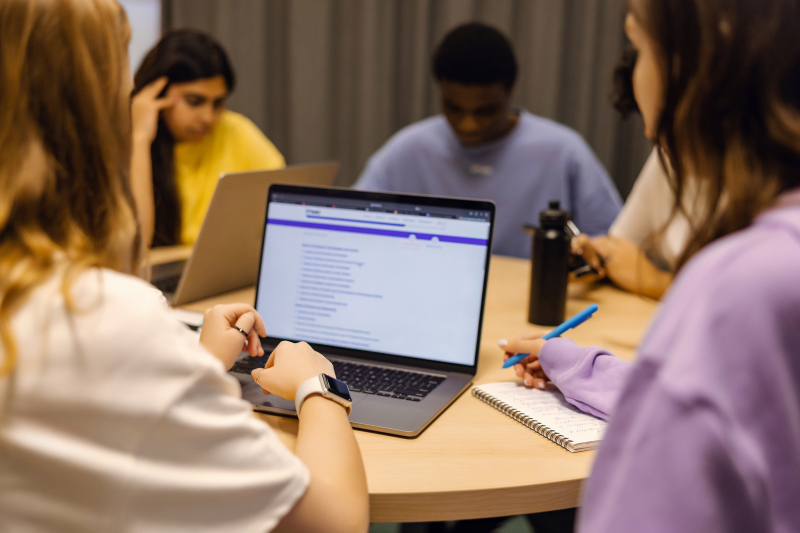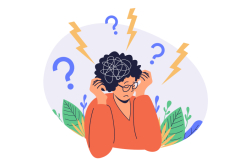Reflection
The tip that helped me the most was first identifying what weighed me down most. Here, ChatGPT truly shines: as you describe your situation to the AI, it can come up with self-reflection questions tailored to your particular case. For instance, I figured out that I was most burdened by my own expectations. This step seems like a great one to start with because it can help you focus your self-help efforts on a particular issue instead of trying out every technique in the book.
Reframing
Apart from feeling unfulfilled and inadequate, I found myself more prone to procrastination. Here, an approach that helped me a lot was redefining productivity. Instead of only counting a day as a “win” if I completed a huge chunk of work, I started focusing on doing “minimal viable effort.” It’s a win if I showed up by at least browsing a single paper or watching 5 minutes of an online data processing tutorial. On a good day, I will do more, but on a bad day, doing the minimal effort counts.
The “done” list
On that note, a game changer for me was to start keeping a “done” list. Personally, I find this exercise most efficient somewhere in the middle of the day, right around when you start looking down on yourself or when it feels like you haven’t done enough. Take a piece of paper (or open your Notes app) and start listing everything you’ve done today, including even brushing your teeth or replying to messages. You are most likely to end up with quite a long list – one which makes you feel invincible and helps tackle that next task, big or small. I found that it helps to feel fulfilled at the end of any day, even if it did seem like a “wasted” one at first.
Time blocking
A technique recommended by every time management guru, time blocking can be good when you feel burnt out for multiple reasons. It regulates the time you spend on a particular type of task: you always know that you are summoning your effort for an outlined period of time and also that this period is regularly scheduled – no pressure of completing all the tasks today or in one go. Essentially, this helps keep both your expectations and anxiety at bay.
Free time activities
One resource recommended shifting your free time activities to accommodate recovery; these should be the tasks that fulfill you and are just for you, as well as preferably active hobbies. On my part, I suddenly realized that I hadn’t really cooked anything in a while – and truly enjoyed trying out a new, even if simple, recipe. It felt wonderful to make something without any expectations whatsoever. And in terms of active hobbies, I tried indoor cycling at my gym, which turned out to be super fun, and also helped with falling asleep more easily (as I was properly tired). Managing the way you recover after a work day is definitely important, so it can be good to do some more reflection and make a list of things that help you truly relax and fill your cup – and then practice them, of course.
If you’re struggling with burnout, exhaustion, or other issues, don’t hesitate to reach out to ITMO’s Medical, Psychological and Social Assistance Center (the center provides services in Russian, but can also provide you with contact details of centers that offer consultations in English).




